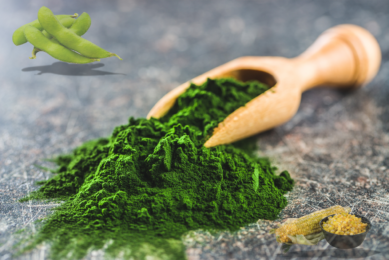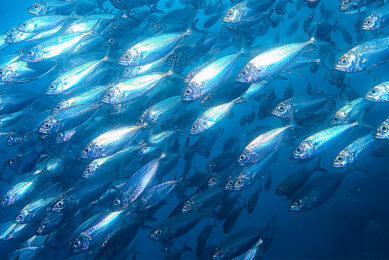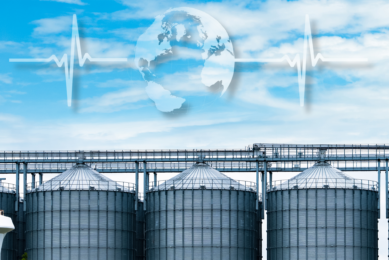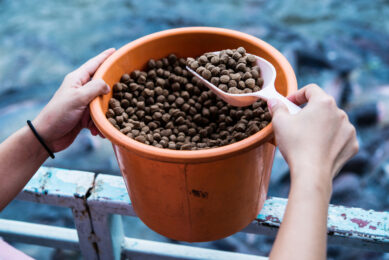Aquaculture: More protein from less marine ingredients
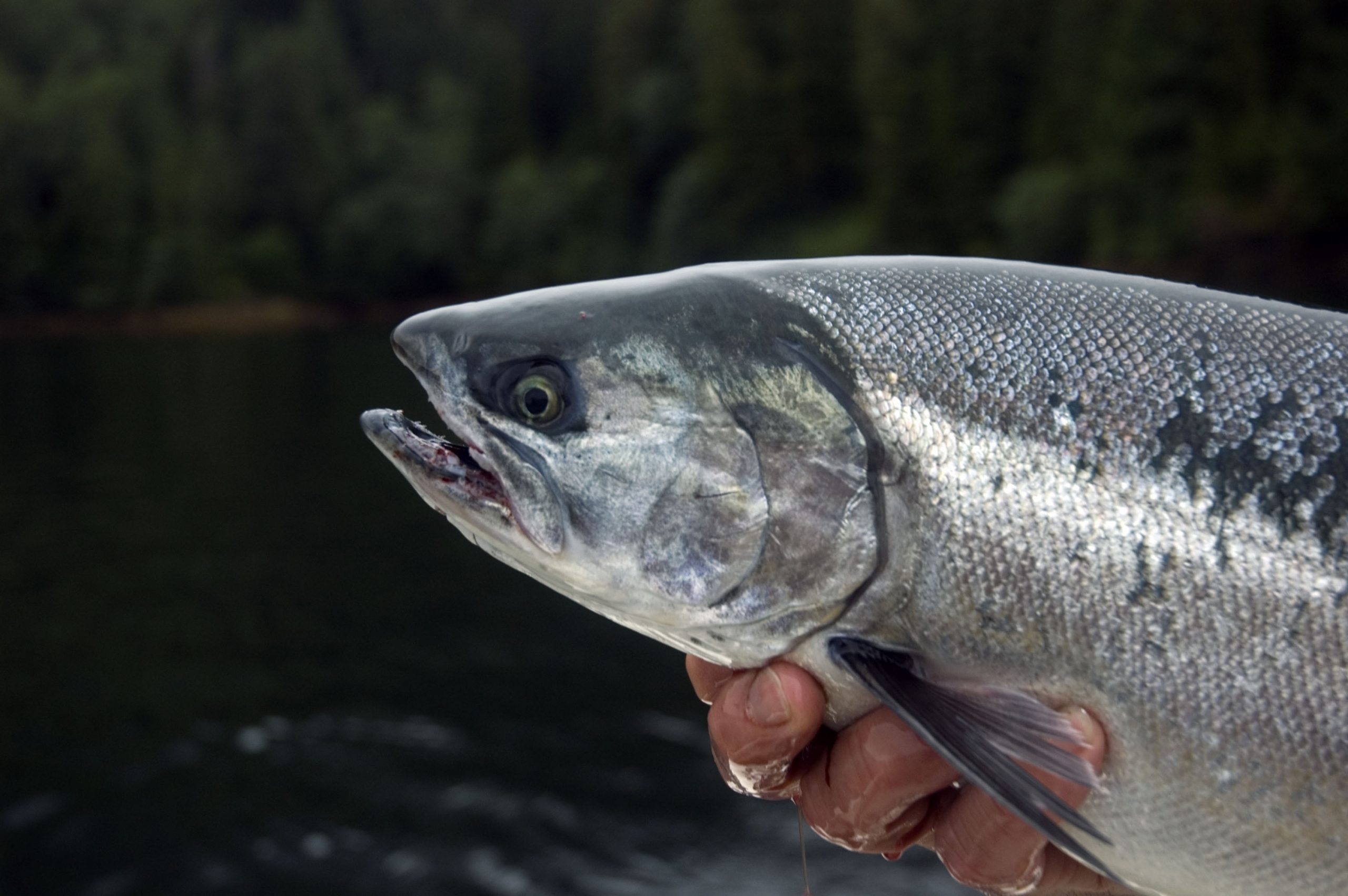
In 2015, the salmon sector produced more fish protein than it consumed. This is shown by new figures from IFFO, The Marine Ingredients Organisation.
IFFO has calculated new Fish In: Fish Out ratios (FIFO) for 2015 and for the first time FIFO figures for salmonids are below 1. Calculated with FAO data, Fish In: Fish Out ratios (FIFO) have been used as a way of reviewing the consumption of wild fish by the sector since the 1990s. Salmonids have drawn attention on this subject in the past, and have been criticised previously for their use of fishmeal and fish oil. In 2015 the sector produced more fish protein than it consumed.
We see in general that fed aquaculture species are showing a reduction in the FIFO calculation. This, of course, is not unexpected as the inclusion rates for fishmeal and fish oil have been declining as more aquafeed volume is produced against a background of finite annual fishmeal and fish oil supply. The overall fed aquaculture figure shows a marked decrease to 0.22, essentially meaning that for every 0.22kg of whole wild fish used in fishmeal production, a kilo of farmed fish is produced. In other words, for every 1 kg of wild fish used 4.5 kg of farmed fish is produced. Of particular note is the figure for salmonids, which for 2015 is seen to be below 1.0, i.e. the salmonid feed industry supports the production of more farmed fish than it uses as feed fish, which appears to be the first time this has been recorded.
There is one exception to the trend in the 2015 figures, where crustaceans (i.e. farmed shrimps) are similar to the 2010 figures. This may be readily explained by the impact of the disease problems in the sector, reducing yield and affecting FCRs, set against a fishmeal inclusion rate that has declined only slightly between 2010 and 2015 when viewed across the industry. On the whole this is a very positive message about the contribution that marine ingredients make to global protein production. The fishmeal industry supports the production of a significantly greater volume of protein for humanity than would be supplied merely through the direct consumption of the fish used as raw material in the production process.
IFFO’s technical director Dr Neil Auchterlonie, who calculated these figures said: “The fishmeal industry supports the production of a significantly greater volume of protein for humanity than would be supplied merely through the direct consumption of the fish used as raw material in the production process. This represents a significant contribution to global food security.”
Source: IFFO




